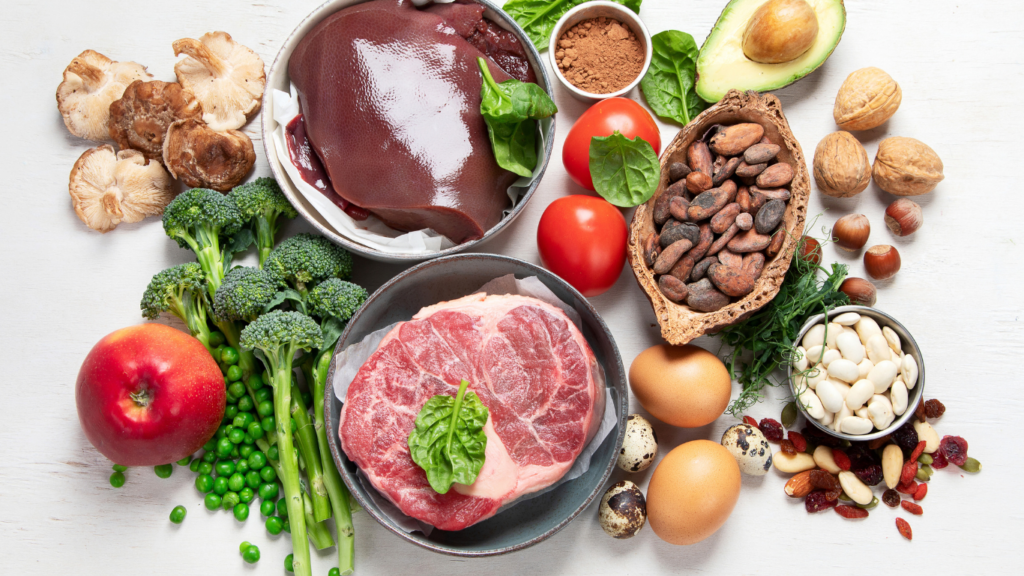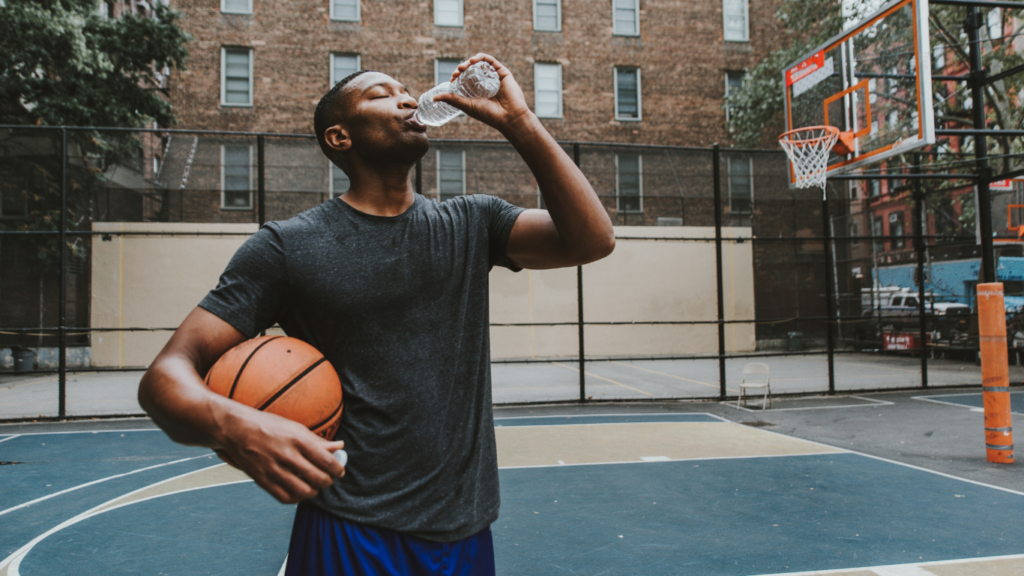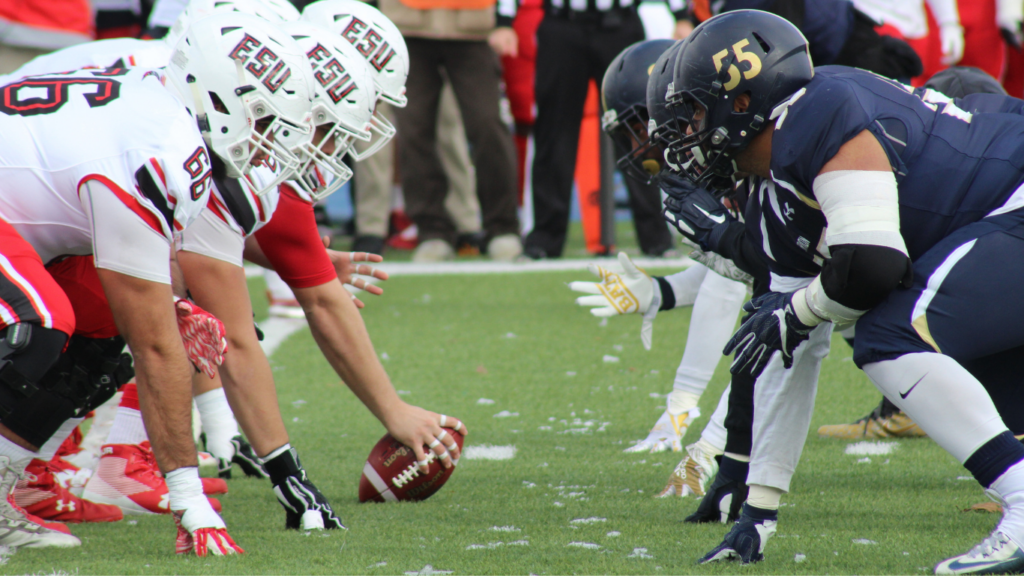Importance Of Nutrition For Athletes
Proper nutrition directly affects athletic performance, providing the energy necessary for training and competition. Carbohydrates, proteins, and fats each play specific roles in fueling activities, repairing tissues, and supporting overall health. Athletes consuming balanced meals perform better and recover faster compared to those with nutrient deficiencies.
Carbohydrates act as the primary energy source for intense physical activities like running or weightlifting. If glycogen stores are low, endurance and power output drop significantly. For example, marathon runners benefit from high-carb diets to maintain stamina.
Proteins contribute to muscle repair and recovery post-exercise. Foods rich in protein promote faster healing of micro-tears caused by strength training or intense sports. Lean meats, eggs, and plant-based proteins are effective dietary choices for optimal muscle health.
Healthy fats provide long-lasting energy for extended physical activities, like cycling or swimming. They also assist in nutrient absorption and hormone production, both crucial for athletic performance. Avocados, nuts, and fatty fish deliver these benefits.
Hydration is equally critical, as even a 2% drop in body water affects performance. Electrolyte-rich fluids, such as sports drinks, help replace lost minerals during sweat-heavy activities. Dehydration increases fatigue and impairs decision-making in high-stress situations.
Micronutrients like iron, calcium, and vitamin D strengthen bones and improve oxygen circulation. Deficiencies in these can lead to conditions like anemia or stress fractures, common among athletes who skip supplementation or nutritionally dense foods.
Macronutrients And Their Role
Athletes require a strategic balance of macronutrients to fuel their bodies effectively. Carbohydrates, protein, and fats each play a vital role in performance, recovery, and overall health.
Carbohydrates: The Primary Energy Source
Carbohydrates supply the energy needed for high-intensity activities. During exercises like sprinting or weightlifting, the body relies on glycogen, stored in muscles and liver, for quick energy. Consuming 4-6 grams of carbohydrates per kilogram of body weight daily supports glycogen replenishment, depending on training intensity. Foods like:
- oats
- brown rice
- fruits
deliver essential carbs and micronutrients. Timing also matters. Consuming carbohydrate-rich meals 3-4 hours before training and small, digestible carbs 30 minutes prior optimizes energy reserves.
Protein: Building And Repairing Muscles
Protein facilitates muscle repair and growth following physical activity. Athletes benefit from ingesting 1.2-2.0 grams of protein per kilogram of body weight each day, based on activity level. Lean meats, eggs, and plant-based options like lentils serve as excellent sources. Consuming 20-40 grams of protein within two hours post-exercise aids recovery and muscle synthesis. Spacing protein intake evenly across meals ensures a consistent supply of amino acids throughout the day.
Fats: Sustained Energy For Endurance
Fats provide long-lasting energy during prolonged activities. They suppor:
- cell function
- hormone production
- vitamin absorption
Active individuals should derive about 20-35% of their daily caloric intake from fats. Foods like avocados, nuts, and fatty fish offer healthy unsaturated fats. Incorporating fats in pre-training meals enhances endurance but should be limited in quantity for easier digestion during activity.
Timing Your Nutrition
Properly timed nutrition enhances energy levels, aids recovery, and maximizes athletic performance. Nutrient timing revolves around fueling before, during, and after workouts.
Pre-Workout Nutrition
Pre-workout meals provide the fuel needed for optimal training. I aim to consume a meal rich in carbohydrates and moderate in protein 2-3 hours before exercise. For example, a bowl of oatmeal with banana and a handful of almonds. Closer to the workout, within 30-60 minutes, I opt for a small snack like a granola bar or a piece of fruit to boost glycogen stores. Avoiding high-fat or high-fiber foods prevents digestive discomfort.
Post-Workout Recovery Meals
Post-exercise meals promote muscle repair, replenish glycogen, and reduce fatigue. I prioritize eating within 30 minutes of finishing a workout, focusing on a mix of carbohydrates and proteins in a 3:1 ratio. For instance, I might have a smoothie made with milk, protein powder, and berries or grilled chicken with sweet potatoes. This timing accelerates recovery and prepares my body for the next session.
Hydration Strategy

Staying hydrated is essential for maintaining performance and preventing cramps. I drink 16-20 ounces of water 2-3 hours before exercise and follow it with 8-10 ounces 20-30 minutes before starting. During workouts lasting over an hour, I consume electrolyte-rich drinks or diluted fruit juice at regular intervals. Post-exercise, I rehydrate by drinking 16-24 ounces of water for every pound lost during activity, ensuring full recovery.
Micronutrients And Athletic Performance
Micronutrients play critical roles in supporting athletic performance and overall health. They impact energy production, muscle function, and recovery, making them essential for athletes aiming for peak performance.
Vitamins And Minerals For Muscle Function
Many vitamins and minerals contribute to proper muscle function. Magnesium supports muscle relaxation and helps prevent cramps, while calcium is vital for muscle contractions and bone strength. Vitamin D enhances calcium absorption and plays a role in muscle strength and immune function. Athletes need adequate iron to transport oxygen through red blood cells, ensuring optimal energy levels.
For balanced intake, I recommend foods like spinach, almonds, fortified cereals, dairy products, and fatty fish. Athletes with specific deficiencies or restrictions may benefit from supplements, but these should complement whole foods, not replace them.
Importance Of Electrolytes
- Electrolytes regulate muscle contractions, nerve signaling, and fluid balance.
- Sodium, potassium, and chloride are the primary electrolytes lost during sweat, making their replenishment crucial, especially in endurance sports.
- Sodium maintains fluid balance, potassium aids muscle contractions, and chloride supports nerve impulses.
- To replenish electrolytes, I incorporate sports drinks for high-intensity activities or eat bananas, oranges, and yogurt.
- Monitoring hydration closely ensures electrolyte levels remain stable and prevents cramping or fatigue during prolonged workouts.
Supplements: Do You Need Them?
Supplements can support athletic performance, but they’re not always necessary with a balanced, nutrient-rich diet. Understanding when they’re beneficial helps determine whether supplementation fits your needs.
Popular Supplements for Athletes
Athletes commonly use specific supplements to enhance performance, recovery, and overall health. Protein powders, such as whey or plant-based options, help meet increased protein demands for muscle repair and growth. Creatine supports energy production, particularly during high-intensity, short-duration activities. Branched-Chain Amino Acids (BCAAs) assist with muscle recovery and reduce exercise-induced soreness. Caffeine enhances focus and endurance, improving performance in aerobic and anaerobic activities.
Certain vitamins and minerals also play a key role. Vitamin D supports bone health, particularly in athletes with limited sun exposure. Iron combats fatigue caused by deficiencies, especially for female athletes or those on plant-based diets. Electrolyte supplements help prevent dehydration during prolonged activity.
Risks and Considerations
Not all supplements are safe or effective, with some posing potential risks. Contamination with banned substances is a major concern, as not all products meet rigorous testing standards. Over-reliance on supplements can lead to imbalances, such as excessive protein intake or unnecessary vitamin consumption.
Athletes should consult a healthcare provider or sports nutritionist before starting supplements. This ensures their choice aligns with individual needs, training goals, and any underlying health conditions. Additionally, third-party certified supplements, such as those labeled by NSF Certified for Sport or Informed-Choice, reduce safety risks and ensure product transparency.





